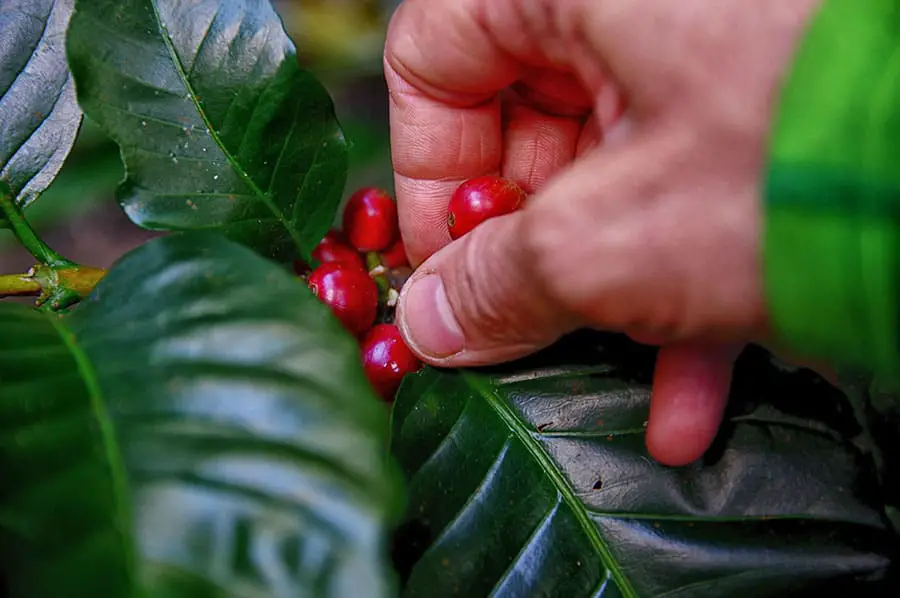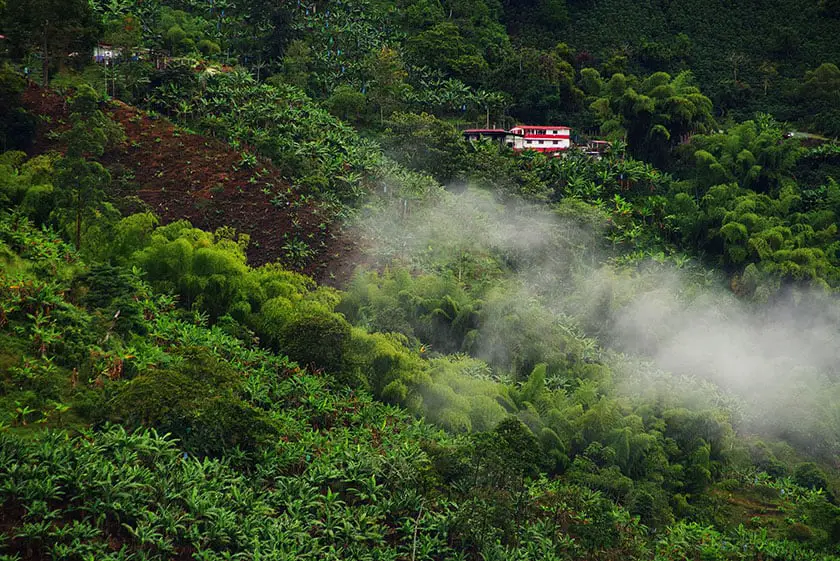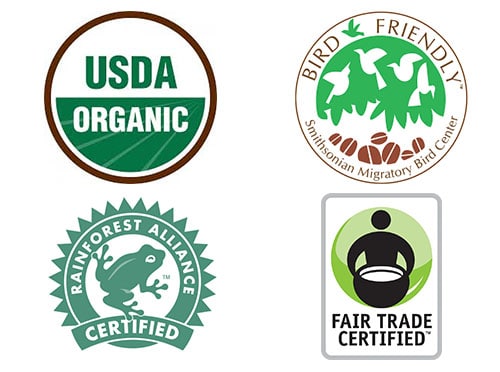
Today’s coffee drinkers care about more than just a great coffee—they care about how it is grown and the impact it has on the planet and its people. Coffee certifications are not just labels; they serve as a promise that ethical practices, environmental stewardship, and quality production are at the heart of every bag or cup.
Whether it’s ensuring fair wages and safe working conditions through Fair Trade, protecting biodiversity with Bird Friendly, or reducing carbon footprints with Carbon Neutral practices, these certifications offer transparency and trust in an often complex supply chain.
In this article, we’ll demystify the most common coffee certifications and explore how each one contributes to a sustainable and ethical coffee industry, empowering you to make informed choices with every sip.
Fair Trade
Fair Trade certification was established to promote ethical sourcing by ensuring that coffee farmers receive a fair price, safe working conditions, and support for community development. Governed by organizations such as Fair Trade International, Fair Trade USA, and Fair Trade America, this certification sets strict social, economic, and environmental standards. Consumers who choose Fair Trade coffee can be confident that their purchase supports improved livelihoods and sustainable farming practices.

Bird Friendly
Bird Friendly certification, administered by the Smithsonian Migratory Bird Center, emphasizes environmental stewardship. To earn this certification, coffee farms must first adhere to organic practices and then maintain a biodiverse, forest-like habitat that supports local bird populations. This means that rather than clearing land, coffee is grown under a canopy of trees that preserves natural ecosystems. This label is ideal for consumers who are especially concerned with biodiversity and the conservation of natural habitats.
Rainforest Alliance
Managed by a nonprofit organization, the Rainforest Alliance certification aims to protect rainforests, combat deforestation, and uphold workers’ rights. While it emphasizes both environmental conservation and social welfare, the guidelines allow for some flexibility—only a portion (typically around 30%) of a coffee lot needs to meet the strict criteria, with the remainder grown by other methods. This certification is commonly found on larger farms capable of implementing broad sustainability initiatives.
Carbon Neutral
Carbon Neutral certification focuses on reducing the overall greenhouse gas emissions throughout the coffee production process—from cultivation to packaging. Companies must conduct a comprehensive Life Cycle Analysis to quantify their emissions and then implement reduction strategies or offset the remaining emissions through environmental projects. Although this certification does not address labor practices, it highlights a company’s commitment to mitigating its impact on climate change.
Organic

Organic certification ensures that coffee is cultivated without synthetic pesticides, herbicides, or fertilizers. In many regions, such as the United States, at least 95% of the coffee must be grown using approved organic methods. This certification appeals to consumers who are concerned about chemical residues and environmental degradation caused by modern agriculture. It is important to note, however, that organic certification primarily covers cultivation practices and does not automatically imply fair labor conditions or higher wages for farmers.
Direct Trade
Direct Trade is a business model rather than a formal certification. In this model, roasters establish direct relationships with coffee farmers, bypassing traditional middlemen and certification boards. This direct approach often results in greater transparency, personalized quality control, and the potential for farmers to receive a higher share of the profits. While this method can foster closer connections between producers and buyers, it also involves logistical challenges and financial risks, especially for smaller roasters.
Biodynamic (Demeter) Certification
An additional certification to consider is Biodynamic certification, often represented by the Demeter label. Biodynamic farming goes beyond organic practices by incorporating holistic agricultural methods that view the farm as a self-sustaining ecosystem. This approach includes the use of natural composts, crop rotation, and even planting by lunar cycles to enhance soil health and biodiversity. Coffee certified as biodynamic is aimed at consumers seeking an even higher standard of environmental and spiritual sustainability.
Quick Comparison Table
| Certification | Focus | Key Criteria | Governing Body / Notes |
|---|---|---|---|
| Fair Trade | Ethical sourcing and fair compensation | Fair wages, safe working conditions, community development | Fair Trade International, Fair Trade USA, Fair Trade America |
| Bird Friendly | Biodiversity and habitat preservation | Organic practices, shade-grown coffee, forest-like environment | Smithsonian Migratory Bird Center |
| Rainforest Alliance | Environmental conservation & worker welfare | Sustainable farming, partial lot certification (approx. 30% must meet criteria) | Rainforest Alliance (nonprofit organization) |
| Carbon Neutral | Greenhouse gas reduction | Life Cycle Analysis, emission reduction strategies, and carbon offsetting | Various third-party verifiers |
| Organic | Pesticide-free, chemical-free farming | At least 95% grown without synthetic pesticides, herbicides, or fertilizers | USDA Organic and similar certification bodies worldwide |
| Direct Trade | Transparency and direct sourcing | Direct negotiation with farmers, personalized quality control | No formal governing body; based on individual business practices |
| Biodynamic (Demeter) | Holistic, ecological, and spiritual farming | Biodynamic practices, use of natural composts, crop rotation, and lunar planting cycles | Demeter International (Biodynamic certification) |
Final Thoughts
Coffee certifications serve as a roadmap for consumers who want to support sustainable and ethical coffee production. Whether your priority is fair compensation for farmers, preserving natural habitats, reducing environmental impact, or a combination of these factors, understanding these certifications can help you make informed purchasing decisions. Additionally, including Direct Trade and Biodynamic certification in your coffee options further broadens the choices for sustainability-minded consumers.

